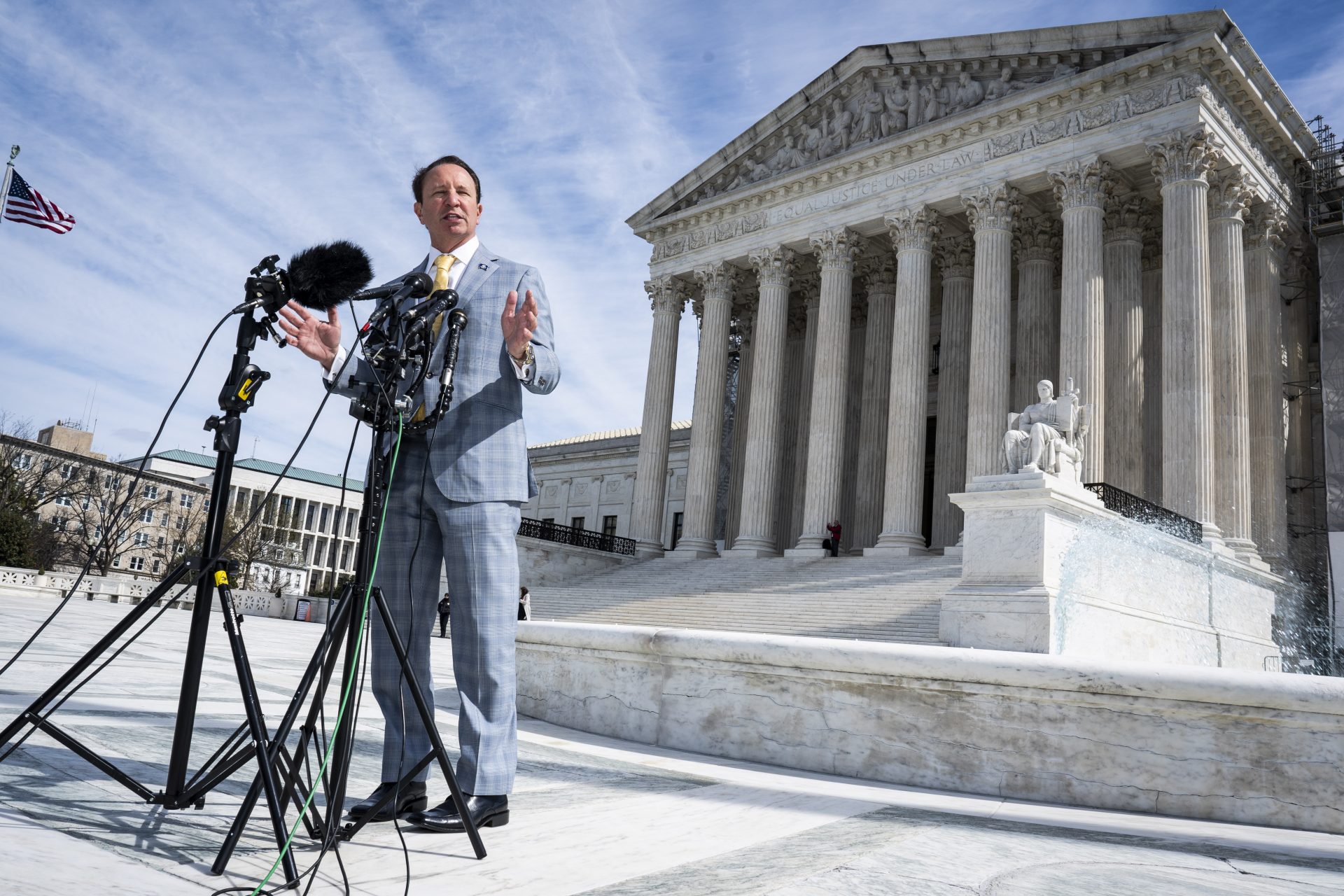The count down is on: this controversial Louisiana law will be enforced on August 1
On August 1, 2024, a new questionable law will begin to be enforced in the state of Louisiana.
The regulations in question will go into effect on August 1, means that judges can sentence those convicted of crimes of r a p e, s e x u a l abuse or i n c e s t against minors under 13 years of age can be surgically castrated.
It is the first state in the country that provides for this type of punishment, although as the media outlet NPR explains, 10 other states allow chemical castration for p e d o p h i l e s, such as California, Florida and Texas. A measure that is rarely applied.
In fact, while chemical castration uses medications that block the production of testosterone to reduce sexual desire, in the case of surgical castration the process is more invasive.
Photo: Marcel Scholte / Unsplush
As defined by the National Cancer Institute, the US government's primary agency for tumor research, the procedure involves the “ removal of the t e s t i c l e s (orchiectomy) or ovaries (oophorectomy) through surgery to stop the production of sex hormones."
Image: Piron Guillaume / Unsplush
The new law further states that a doctor must “determine whether the offender is an appropriate candidate” for castration. And it can be applied to both men and women, at the end of their sentence.
Image: Nappy/Unsplush
The regulations also provide that, in the event that the detainee refuses, their sentence could be increased by between three and five more years. It will apply only to crimes committed after the approval of the rule.
This measure is typical of countries with very strict governments against crime: among these, Spanish newspaper El País highlights Nigeria and the Czech Republic.
Louisiana was one of the states that had provided for chemical castration since 2008 for those convicted of this type of crime. However, according to sources cited by AFP, from 2010 to 2019 it was only practiced in a couple of cases.
According to data collected by the French news outlet, 2,224 people are imprisoned in Louisiana for this type of crime.
After approval by parliament, the regulations have been signed by Jeff Landry, the ultra-conservative governor of the state who has recently approved several very controversial laws such as anti-trans regulations.
In addition, it has reclassified abortion pills as dangerous substances and introduced nitrogen asphyxiation as a new method of execution.
The rule on surgical castration has not been welcomed by everyone. Many associations fear that a contagion effect could be generated in the country and that other states end up adopting such a radical rule.
Many also allege that tougher penalties are not always accompanied by a decrease in crime and that it is a cruel sanction.
As reported by CNN, during the parliamentary debate on the law, Democratic Senator Ed Price questioned this irreversible measure in a state that has one of the highest rates of wrongful convictions in the country and very often with clear bias of racial discrimination.
Although the majority of votes came from Democratic ranks, the authors and promoters of the law were a Democratic congresswoman and senator: Delisha Boyd, whose mother was a victim of statutory rape and became pregnant, and Regina Barrow, who helped her draft the rule.
More for you
Top Stories





























